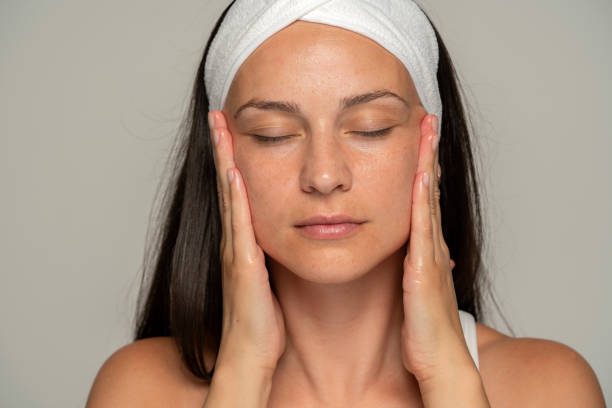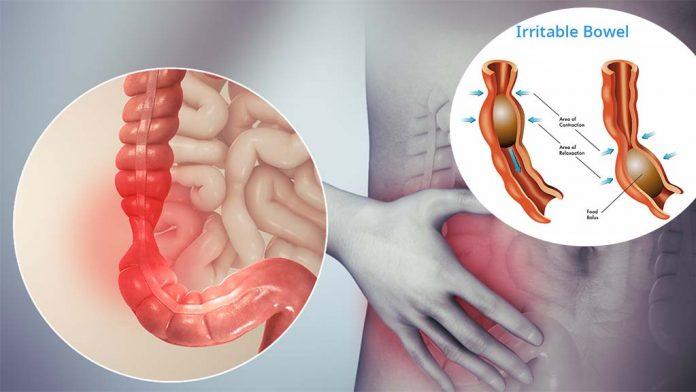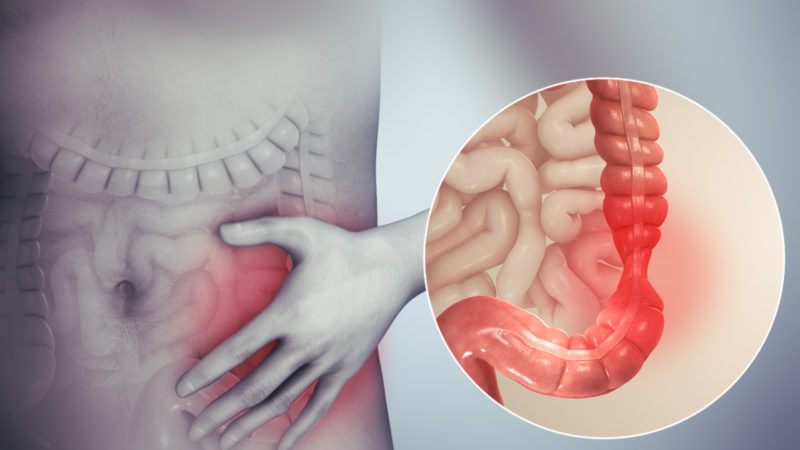How To identify Flea Bites On Baby?

Fleas are common during the summer and spring seasons, especially where there are pets. Unfortunately, fleas do not stop at cats and dogs; they can also attack your children. If you suspect flea bites on baby, it is best to start the prevention and treatment methods right away.
Don’t know how to identify fleabites on baby? Read this guide to differentiate between different bug bites, symptoms of flea bites, and the right methods to treat flea bites on humans.
What are fleas?
Fleas are small bugs that do not grow larger than the size of a pen tip and range from light brown to black colour. These bugs do not have wings and jump around from one place to another.
They have thin, flat bodies with hard shells which need to be squeezed to kill them. Fleas reproduce very quickly and especially if you have pets in the house. It is almost impossible to get rid of fleas without using pesticide treatment.
What do flea bites look like?
Flea Bites look distinctive. These are small red bumps that often appear in clusters of 3 or 4 in a straight line. These bumps are small and can be differentiated from mosquito bites. You can also spot a small red halo around the bite center.
Flea bites are most commonly spotted around legs or ankles, waists, armpits, groin, breast, or folds between the elbow.
How do you treat flea bites on humans?
If you suspect flea bites on your baby, you need to take treatment measures right away. Flea bites are not dangerous but can be very uncomfortable for infants. Flea bites will appear as red bumps on the infant’s skin and may also swell up, developing into a blister. You can consult a pediatrician to find the right treatment method based on your child’s age.
Some of the best ways to treat flea bites on humans or infants are:
- Wash the bite area using a mild soap and water
- Give antihistamine liquid or cream to stop the itch for flea bites on a baby
- Cut the kid’s nails to prevent your baby from scratching the bite area.
Visit the pediatrician clinic if your baby:
- runs a fever
- Has flea bite bumps that swell up or leak fluid
- develops signs of an allergic reaction like hives
Allergic Reaction To flea bites
For adults contracting other diseases with flea bites has a very small chance. However, flea bites on a baby and infants can cause other infections. Bacteria can be transferred into the body and result in an allergic reaction to flea bites, especially if you itch.
Infected areas can turn red and develop pus if not treated on time. Symptoms can range from raised skin welts to difficulty in breathing.
bed bug bites vs. flea bites
The first step to diagnose the bites on babies is what kind of bite it is. Bed bug bites vs. flea bites have their own identifying symptoms. Bed bug bites often appear on legs or arms, whereas flea bites are usually seen on legs.
Symptoms of bed bug bites
Bed bugs inhabit linens, mattresses, and even bed frames, providing them easy access to the baby’s body. One telltale sign of bed bug bites on a baby is blood spots on bedsheets. Other common symptoms of bed bug bites include:
- Small bites on legs, arms, and back
- Welts or wheals forming lines on the skin
- Itching
- Purpura
Symptoms of flea bites
Some common symptoms of flea bites on a baby include:
- Hives
- Swelling on bites are
- Clusters of bump
- Rashes
- Vomiting and diarrhea
Prevention of bed bug bites vs. flea bites
Bed bugs and flea bites can affect babies’ health. The best treatment is following prevention methods. Here are some of the ways to prevent bed bug bites vs. flea bites on infants.
Eliminating bed bugs
Once bed bugs gain a foothold in a house, it gets difficult to get rid of them. The infestation will need a professional exterminator to kill the bed bugs. Until then, you can follow these tips to get rid of bed bugs from your house.
- Caulk any crack you see in your house walls
- Wash your beddings more often on high heat
- Cover the infant’s skin when sleeping as much as possible.
Eliminating fleas
Pets are the most common source of getting fleas inside the house. To keep fleas under control:
- Vacuum the house regularly
- Discard any vacuum bags where fleas and their eggs can live
- Mow the lawn frequently if you have pets outdoors.
Although these are only preventative measures, they can help you prevent major bug infestations in your house in the longer run.
Mosquito bites vs. flea bites
Large itchy bumps on the skin are a sign of mosquito bites. Sometimes you may see only one bite, and other times, there can be a cluster of bites. Female mosquitoes often leave behind bumps on skin wherever they feed on blood.
Usually, mosquito bites are harmless; however, mosquito bites can cause headaches or fever for people with weak immune systems.
To treat mosquito bites in the affected area using warm water and mild soap. If you get itchy, hold an ice pack on the bite or rub an anti-itch medicine all over.
Mosquitoes are known to transmit diseases like the West Nile Virus. You should follow preventative measures to get rid of mosquitoes around the house to avoid itchy mosquito bites and reduce the risk of deadly diseases.
Final Words- Get rid of fleas for good.
To avoid the chances of flea bites on your baby, it is best to get rid of fleas from your house.
You can get rid of fleas by following these two processes:
- treat your pets
- treat your home
Diagnose your pet to see if they have any symptoms of flea bites. Move around their fur to notice any fleas or flea bites on the skin. If you see them scratching often, this is a sign that your pet has fleas.
Use anti-flea shampoo and powder to kill all the fleas from your pet’s coat. Also, incorporate a flea collar to prevent fleas from moving around.
Consult your veterinarian on using oral and topical medication for your pets. There are some treatment options that can be found without any prescription.
To treat your home for getting rid of fleas, vacuum the carpets or any place where fleas are most likely to hide. You can dump the vacuum waste out and wash your beddings in hot water with the highest heat setting to dry the sheets. This will increase the chances of killing the fleas.
To completely get rid of fleas from your house, use insecticides. However, for insecticides, you will have to leave the house until the spray is completely dried. You can call a pest control company to determine the best possible way of getting rid of fleas completely.






